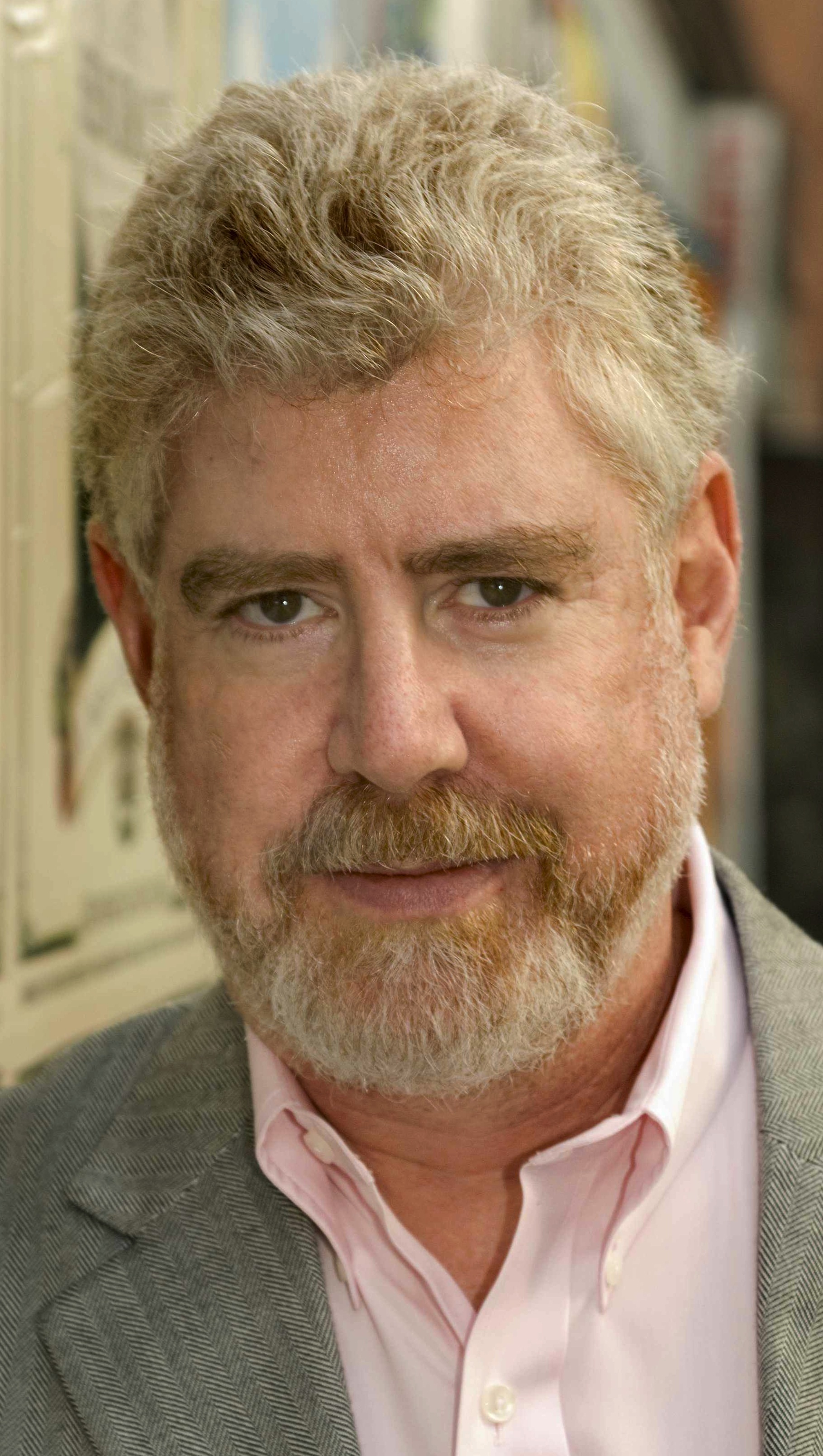The Globe and Mail wants to make us pay for this stuff?
Good luck with that!
Last Friday, in Britain’s Guardian newspaper, U.S. broadcaster Bob Garfield hilariously illuminated the Washington press brigade’s pernicious practice of using blind quotes by officials too chickenhearted to reveal their identities but who nevertheless want to speak in an official capacity while avoiding the risks of accountability.
“Such ridiculous, pusillanimous, deceitful attributions are a standard tool of the Washington press corps, which as a group is too caught up in its own self-importance and petty competition to understand it has become the cabin boy of the political class.” Garfield wrote. “In the name of supposedly informing the audience, Washington reporters are co-conspirators in an ongoing fraud.”
That’s good! What do you really think, Bob?
He went on: “These are not whistleblowers being protected, or even insiders going out on a limb. The epidemic of blind quotes … is a standard way of giving a platform to officials speaking in an official capacity, yet with zero accountability. The practice is also supremely manipulative, giving the most banal information the allure of forbidden fruit.”
Now, back in the day, using quotes from unidentified sources “who spoke on condition of anonymity” fell into ill repute, mainly because of the not unreasonable suspicion that the reporter was just making it up.
So a new formula was cooked up, a sleazy circumlocution that could be used to explain the lazy blind quotes. Garfield provides several examples, which you can read for yourself. All include the information the unidentified official wants to pass along without risk, followed by the explanation of why the teller was “not authorized to speak publicly” about the topic.
This, Garfield quoted an identified source as saying, makes the story nothing more than a press release.
So when I turned to a troubling story in the Globe and Mail last evening about plans by the Government of Prime Minister Stephen Harper to make it possible for private ownership of land on Canada’s First Nations Reserves, I came across the following gem:
“However, a government official, speaking not for attribution because Aboriginal and Northern Affairs Minister John Duncan comments publicly for the government on native policy, said Sunday a new act was coming. ‘We intend to move on our commitment to implement legislation to allow on-reserve property rights,’ the official confirmed. ‘There is solid support from first nations for this and we’ll work with them.’ There is no word on when the government intends to introduce the bill.” (The italics are mine.)
When I hear something like this, I find it hard to believe the Harper neo-conservatives are acting benevolently to give First Nations people rights other Canadians enjoy — unless it’s the right to be fleeced by powerful corporations. But we’ll never know from reporting like this — which, interestingly, seemed to come without a byline identifying the author.
It is worth noting that the un-bylined Globe press release … I mean, story … was full of sly editorializing — “the antiquated Indian Act” — designed to gently lead readers to the conclusions the government wants them to reach.
Regardless, as seasoned observers of the Canadian media know, no ignorant or deceptive trend from the United States media takes long to show up in Canadian newspapers or on Canadian news broadcasts.
So get ready for a flurry of quotes attributed to officials who really can be trusted because they are well placed to understand but simply can’t be identified because they are not authorized to speak with us about it.
Meanwhile, it would be interesting to know if the similarly pernicious American practice of “quote approval,” whereby journalists are only allowed to interview high officials if they agree to permit said officials’ spokesthingies to massage their bosses’ quotes for the benefit of the greater good.
The existence of quote approval stirred up quite a teapot tempest of indignation in mid-July, when the New York Times published a colourful feature on the practice.
One effect, the author of the Times’s piece complained, is that “the quotations come back redacted, stripped of colorful metaphors, colloquial language and anything even mildly provocative.”
Another, of course, is that it makes even honourable journalists un-indicted co-conspirators in the politicians’ schemes.
In the wake of the Times’s report, a number of U.S. news publications have publicly renounced the practice.
I wondered at the time I first read of this if Canadian journalists working for respectable publications like the Globe and Mail are doing the same thing. It is said here it is axiomatic that they are. If a bad idea is happening south of the 49th Parallel, it’s happening in Canada.
But unlike the rank little manipulation quoted from the Globe and Mail above, we’ll never know for sure. Some quotations may sound a little dull, but that’s hardly a guarantee massaged quotes will stand out from the real thing.
The Globe and Mail and other Canadian news organizations owe it to us to commit publicly, as have the National Journal and other U.S. news publications that would like to be taken seriously, to not allowing their reporters to engage in quote approval.
Leastways they should if they expect us to pay for their drivel!
But all I can tell you for sure is that a writer who is not authorized to comment publicly on the workings of this blog assures readers they can always trust what they read in Alberta Diary. But then, that’s just me…
This post also appears on David Climenhaga’s blog, Alberta Diary.




